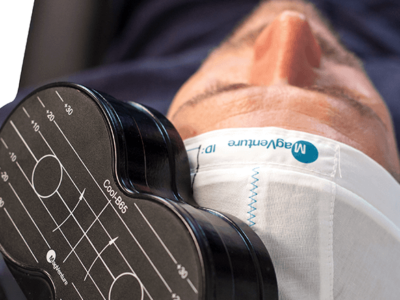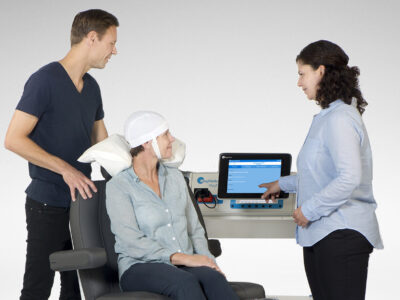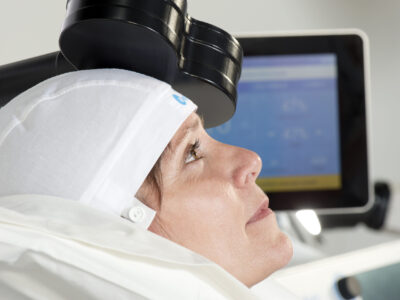The Role of Transcranial Magnetic Stimulation in Combination Therapy
Mental health conditions can significantly impact an individual’s quality of life and can be challenging to treat. Traditional treatment approaches for mental health conditions often include medication and psychotherapy. However, these approaches may not work for everyone, and some individuals may need additional support to achieve optimal outcomes. Transcranial Magnetic Stimulation (TMS) is an innovative …








